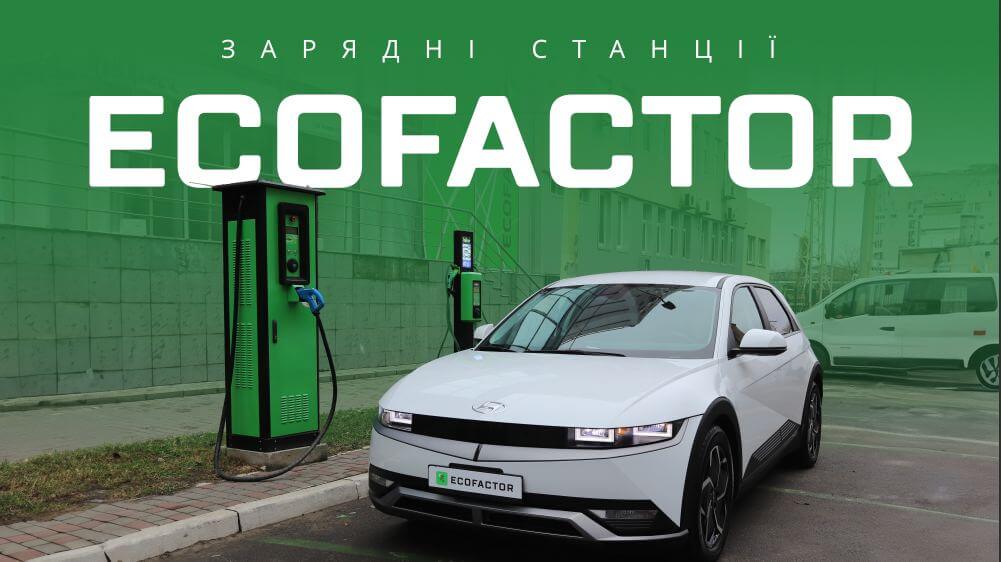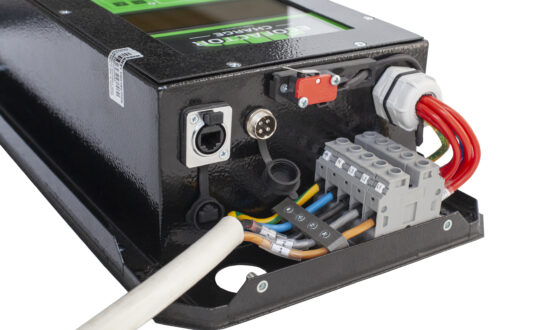
How long does it take to charge an electric car
There is no exact and unambiguous answer to this question, but that doesn't mean we can't make an educated guess based on an understanding of the different types of chargers, the power of the grid, the size of your electric vehicle's battery, and how fast it can charge. What is the difference between kW and kWh? Kilowatt (kW) is the power output of a charger. What is the [...]
Content:
There is no exact and definitive answer to this question, but that doesn't mean we can't make an educated guess based on an understanding of the different types of chargers, the power of the grid, the size of your EV's battery, and how fast it can charge.
What is the difference between kW and kWh?
Kilowatt (kW) is the power output of the charger. The higher the power, the faster it can charge the car (in most cases).
Kilowatt-hour (kWh) is the amount of energy that a vehicle's battery can store. The larger the battery, the longer the potential, and therefore the longer it takes to charge. And don't forget that the battery charges quickly up to 80%, and then the time stretches.
The correct calculation is to take battery capacity (in kWh) and divide it by the power of the charger (in kW): therefore, if you have an electric vehicle with a 64 kWh battery and use a 7 kW charger, it will take nine hours to fully charge.
Charging from the household network
Typically, the household network has a variable power of 1.32 kW and a current of up to 16A maximum, which requires about 24-30 hours to charge an electric vehicle, depending on the battery capacity. It is clear that this is the most affordable way to charge an electric vehicle at home.
A cable for charging from your home network is usually included with your car. You can use one of these buy separatelyIt can also accelerate the charging of an electric vehicle to a stable 3.5-5 kW per hour, if the grid allows. It also has all the safety devices that control the power and stability of the energy supplied to the electric vehicle and protects against voltage fluctuations.
For example, let's take an electric car Volkswagen ID.3which currently costs about $38,000 (link to the store) and has a battery capacity of 84.8 kWh. That is, it will take 64.2 hours to charge the battery from 0 to 100%. If the network can supply up to 16A, about 3.2 kW, then charging will take 26.5 hours, and if the device supplies 5 kW, the time will be reduced to 17 hours.
Such charging is beneficial for the owner and better for the battery itself. But it requires patience and time.
Charging from your home station
There are several ways to speed up charging at home:
- set up wall station;
- connect a three-phase power outlet.
The installation of a powerful cable will double the charging time of an electric vehicle. With three phases, the power output will increase to 11 kW, which will reduce the battery charging time to 4 hours. You can also purchase an additional a cable that will increase the current strength up to 40A and generally make home charging simple, fast and convenient. But this requires agreement with your network provider and a lot of paperwork and connection. You can read more about this in in our separate article.
Of course, installing a home station would be an even better choice, as it offers convenience and speed, as well as reliability and safety. Such a station is capable of delivering from 7 kW to 22 kW, and a nightly tariff and 4-6 hours will be enough to recharge the battery. This will depend on the ability of the electric vehicle to take a charge quickly. In addition, all fuses and voltage control devices are already included to the device itself.
Charging from a generator with an internal combustion engine
Nowadays, in times of power outages, a petrol or diesel generator is considered an affordable means of charging an electric vehicle. Each of them has its own characteristics, but they are usually designed to connect many devices in the house.
It should be remembered that the generator will not charge the electric vehicle to its full capacity, but only 30-50% of it. So you need to take this into account when calculating your time.
For example, let's also take Volkswagen ID.3 with an 84.4 kWh battery and a 7 kW petrol generator. The latter consumes 2.45 litres of petrol per hour of continuous operation, but will only supply 4.5 kW per hour to the electric vehicle. Therefore, it will take about 18.5 hours of generator operation to fully charge the car.
Charging at a commercial AC station
Charging an electric vehicle at an AC street station takes time, so it's only convenient if you live near one or work near one. Sometimes the provider may charge you for an extra connection to a station without charging, so keep this in mind.
Such a publicly accessible station has a capacity of 11-22 kW and is capable of recharging an electric vehicle in 4-6 hours, depending on the battery capacity.
Our Volkswagen ID.3 can be fully charged from such a station in 6-7 hours. It all depends on the condition of the battery itself, as the fuses monitor the temperature and voltage in the network, so they can slow down/accelerate the charging speed a little.
Such charging is favourable in terms of time and power, but costs more than charging from the home network. Almost all modern electric vehicles are able to accept this charging speed. But such a connection will also require a cable of the appropriate type for your electric vehicle, which is we have already told in a separate article. So you can buy it separately from your dealer when you buy an electric car, or from manufacturers such as ECOFACTOR.
Charging at a commercial DC station
Powerful DC power stations are now being installed almost everywhere where there is such an opportunity. They are most often found in car parks of large shopping centres, at service stations, along motorways or near hotels or restaurants. DC devices have a power output of 50 kW or more, such as ECOFACTOR DC devices. The 80% can be charged in about 40 minutes, which is enough time to pause for a coffee, have a snack or just relax. It should also be borne in mind that the fastest charging of an electric vehicle is with the 80%, while the 20% will take longer, so electric motorists most often use this fast method when travelling.
Recent generations ultra-fast chargers currently have an output power of 100 kW to 350 kW, so electric vehicles that can receive electricity at this rate can be charged to 80% in just over 20 minutes.
We have provided data based on dry statistics and calculations, which may vary depending on many factors: the characteristics of the electric vehicle itself, the characteristics of the network, weather conditions, the peculiarities of the electric vehicle operation, the state of the battery, and others. The main thing is that when you understand your electric car, are familiar with its characteristics, and have economical driving skills, you can always easily calculate the distance and time for charging so that you don't have to deal with unnecessary waiting.






